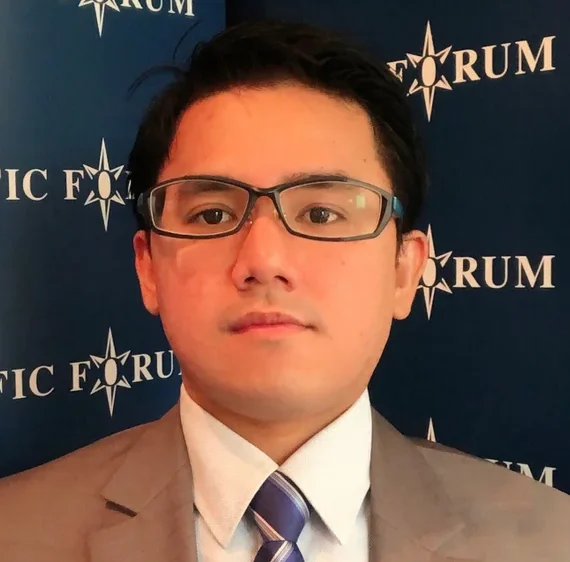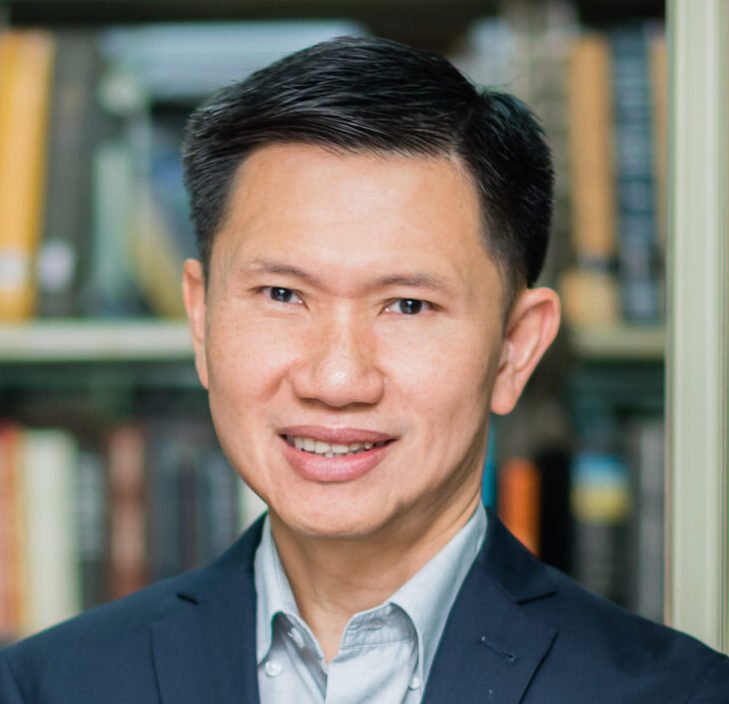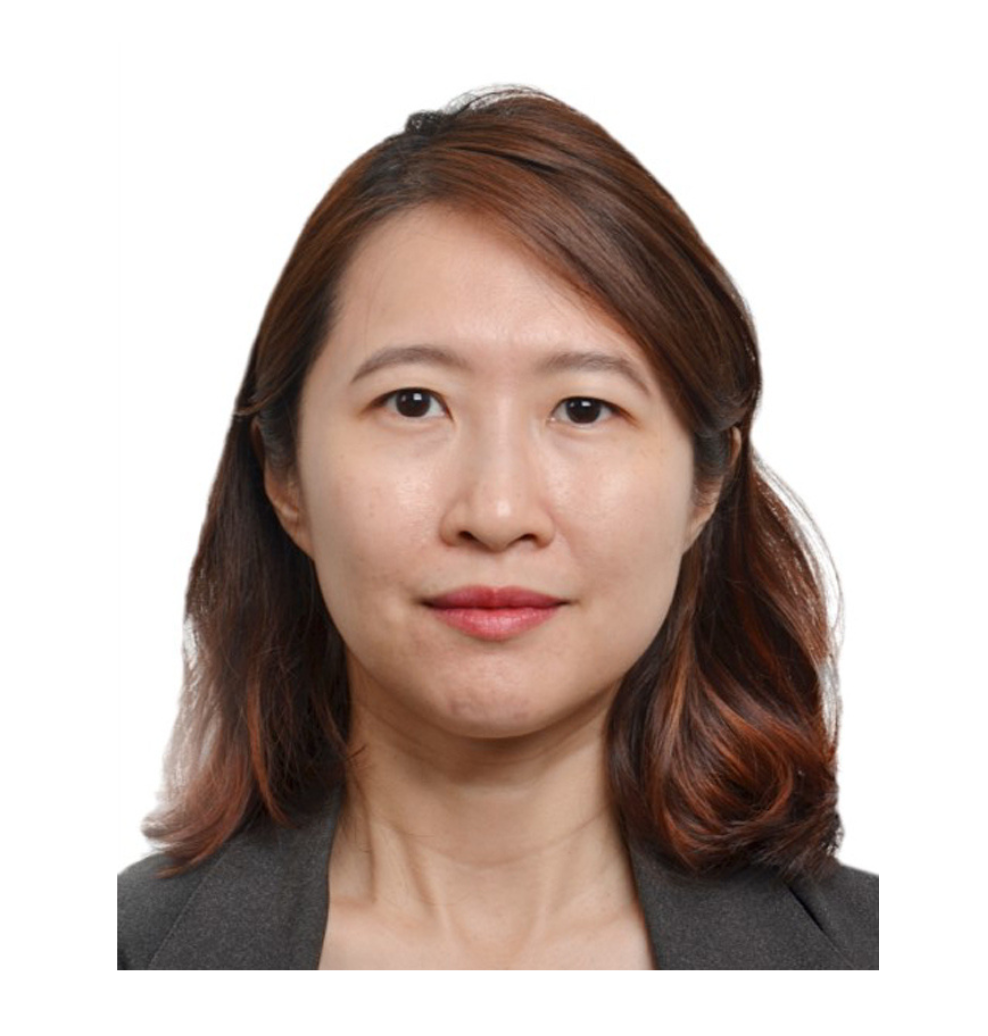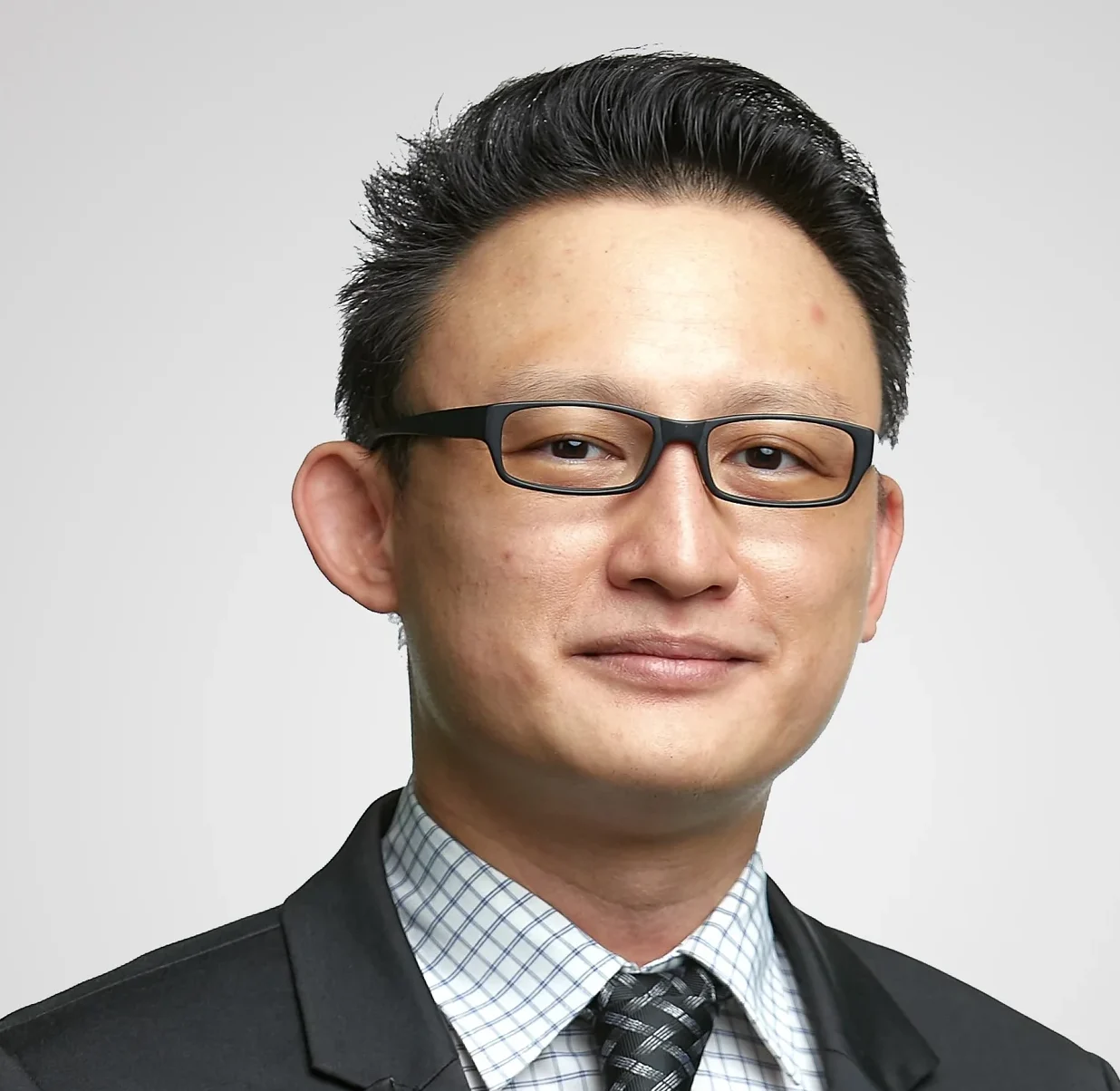Panel 2: Getting Past Constraints - Ideas to Advance ASEAN’s Maritime Security Agenda
Panel Discussion

DR. JEFFREY ORDANIEL
President & CEO, WPS; Associate Professor of International Security, Tokyo International UniversityPanel Chair

DR. THITINAN PONGSUDHIRAK
Professor of International Relations, Faculty of Political Science, Chulalongkorn UniversityPanelist

DR. CHIEW PING HOO
Founder, East Asian IR CaucusPanelist

DR. COLLIN KOH
Associate Professor, S. Rajaratnam School, Nanyang Technological UniversityPanelist

DON MCLAIN GILL
Lecturer, Department of International Studies, De La Salle UniversityPanelist
Since the 1992 ASEAN Declaration on the South China Sea, ASEAN has been perceived as either ineffective or pivotal in promoting a more rules-based regional maritime order. In 2002, ASEAN and China signed the Declaration on the Conduct of Parties in the South China Sea (DOC), in which all disputing parties committed to “exercise self-restraint in the conduct of activities that would complicate or escalate disputes… including, among others, refraining from action of inhabiting on the presently uninhabited islands, reefs, shoals, cays, and other features,” and to resolve their differences in a constructive manner. More significantly, the 2002 DOC obligated ASEAN member states and China to work toward concluding an effective Code of Conduct. However, 23 years—and several newly built artificial islands—later, tensions continue to rise, with China now closer than ever to operationalizing its nine-dash line claim. ASEAN’s consensus-based approach to decision-making, known as the “ASEAN Way,” has arguably left the bloc ill-equipped to address escalating maritime disputes. This panel will evaluate ASEAN’s efforts to promote the rule of law in maritime Southeast Asia and aims to produce actionable policy recommendations for overcoming current limitations.